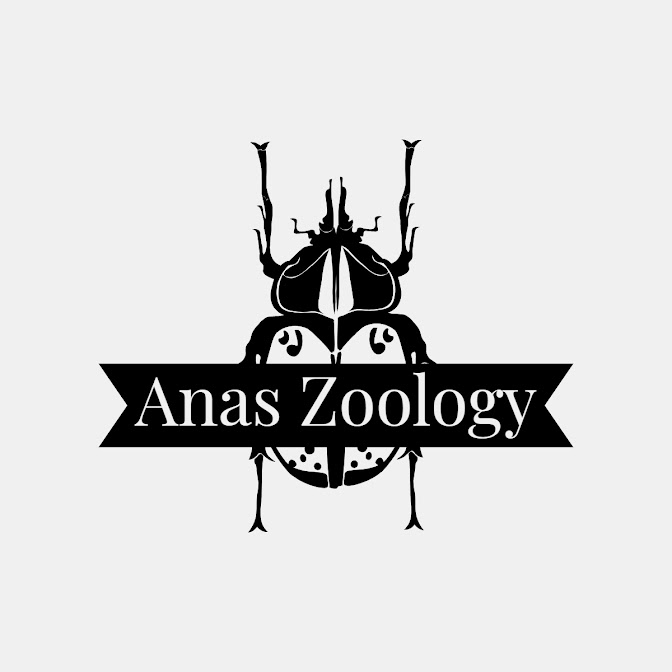COMPOSITION AND FUNCTIONS OF BLOOD
Blood is a red coloured viscous fluid in vertebrates including man. The blood consists of a suspension of cells called the corpuscles (RBC's, WBC's and platelets) in the plasma. The plasma constitute 55%of the total human blood whereas the blood corpuscles make up the remaining 45%. The ratio of the red blood corpuscles to the plasma is expressed as the haemotocrit value or haemotocrit. The general composition of whole blood is as follows: A) Cells: RBC's, WBC's and Platelets B) Plasma: Water 92% remaining 8% consist of : a) Proteins: Serum albumin, serum globulin, fibrinogen, prothrombin. b) Organic substances other than proteins: glucose, amino acids, fats, phospholipids, neutral fats, cholesterol and cholesteroids. c) Inorganic substances: chlorides, carbonates, bicarbonates of Na, K, Ca, and Mg. d) Various antibodies, hormones, enzymes etc. e) Waste materials: urea, uric acid, ammonia, creatinine, xanthene etc. f) Colour compounds: The yellow colour of plasma is ...
